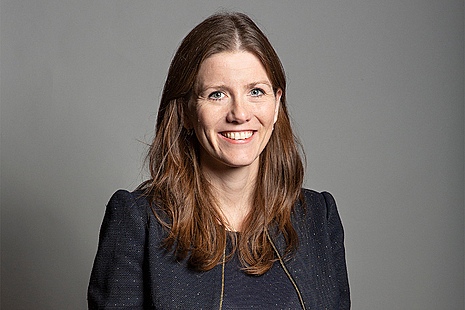The UK government’s bold move to allocate up to £8.5 million in research grants aimed at tackling the myriad risks posed by artificial intelligence (AI) is a resounding declaration of intent in the ongoing debate over the responsible deployment of this transformative technology.
Under the dynamic leadership of Tech Secretary Michelle Donelan, this substantial investment underscores a decisive stance: AI’s potential must be harnessed cautiously, with meticulous attention paid to averting potential pitfalls.
These grants, earmarked for projects targeting emerging threats like deepfakes and cyberattacks, represent a proactive effort to stay ahead of the curve in the rapidly evolving landscape of AI.
By fostering innovation in AI safety and security, the government seeks to strike a delicate balance between progress and prudence.
At the helm of this endeavor is the government’s AI Safety Institute (AISI), poised to lead the charge in groundbreaking research initiatives. With plans for international expansion, including a strategic foothold in San Francisco, the AISI signals a global commitment to advancing AI safety standards.
Crucially, this initiative is not undertaken in isolation. Collaborative partnerships with key stakeholders such as UK Research and Innovation and the Alan Turing Institute amplify the impact of these efforts, creating a synergistic ecosystem geared towards addressing AI’s complex challenges head-on.
Yet, amidst this fervent pursuit of AI advancement, questions linger about the ethical implications and societal ramifications of unchecked innovation. The rise of deepfakes and the specter of cyberattacks underscore the urgent need for vigilance in navigating AI’s uncharted territory.
As the UK government takes decisive steps to fortify AI safety standards, it also sends a clear message to the global community: responsible innovation is non-negotiable. By investing in research, fostering collaboration, and championing transparency, policymakers are laying the groundwork for a future where AI serves as a force for good.
In the grand theater of AI innovation, the stakes are undeniably high. The decisions made today will shape the trajectory of technology—and society—for generations to come.
In this high-stakes game, the UK government’s unwavering commitment to AI safety emerges as a beacon of responsibility in a sea of uncertainty.

